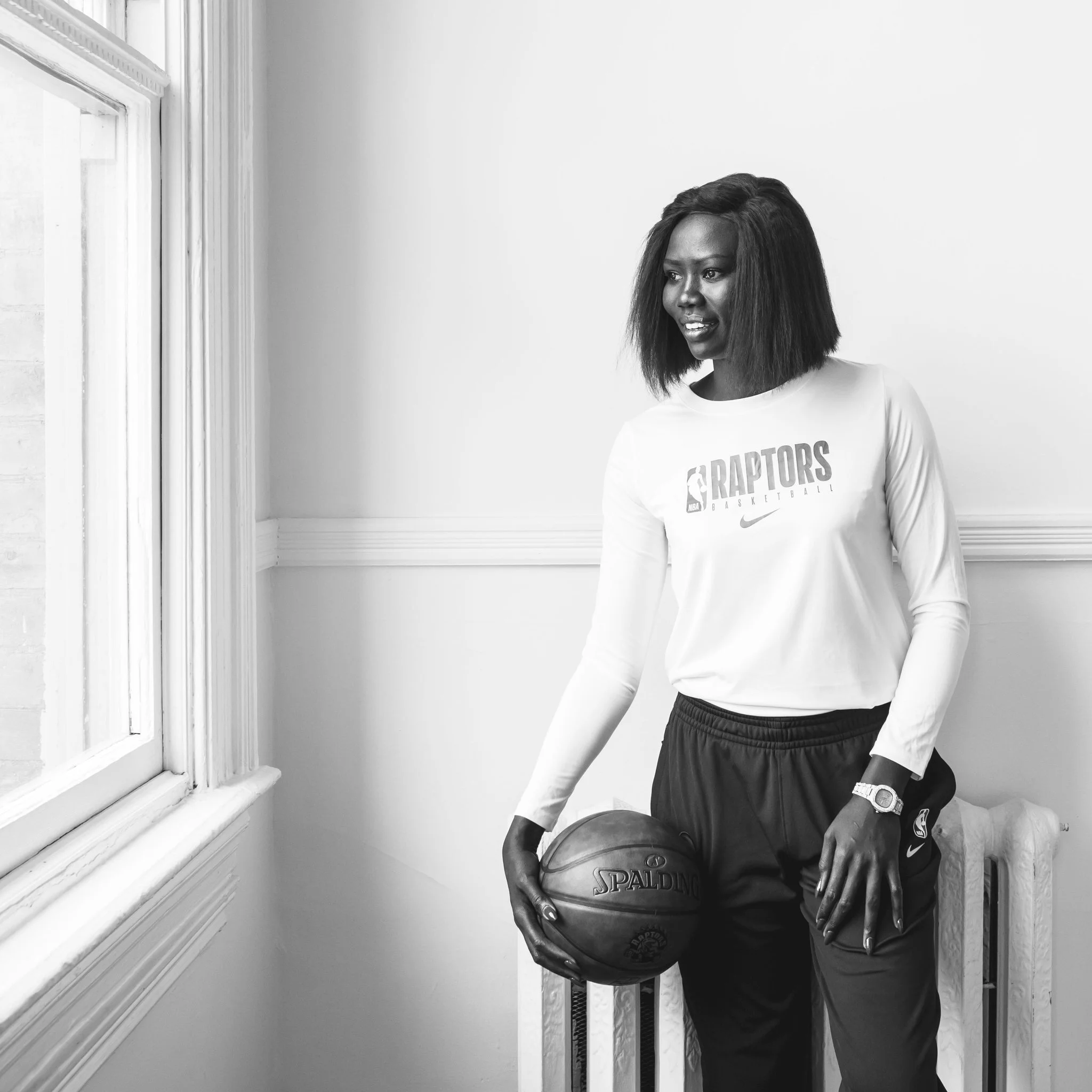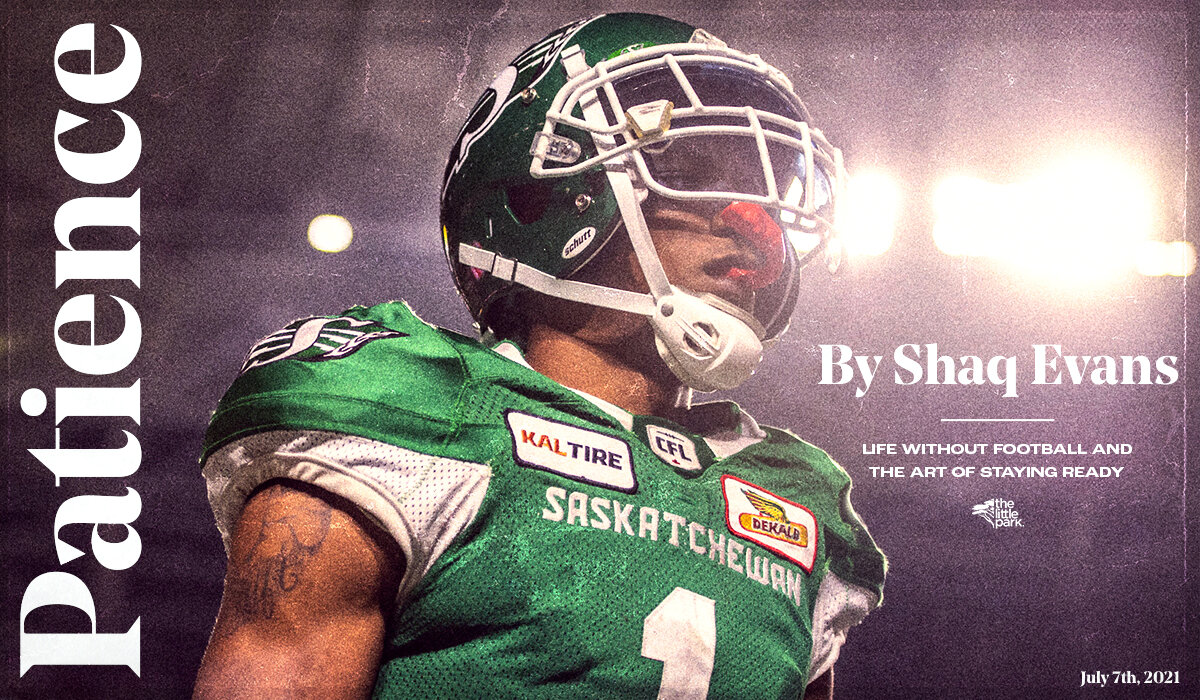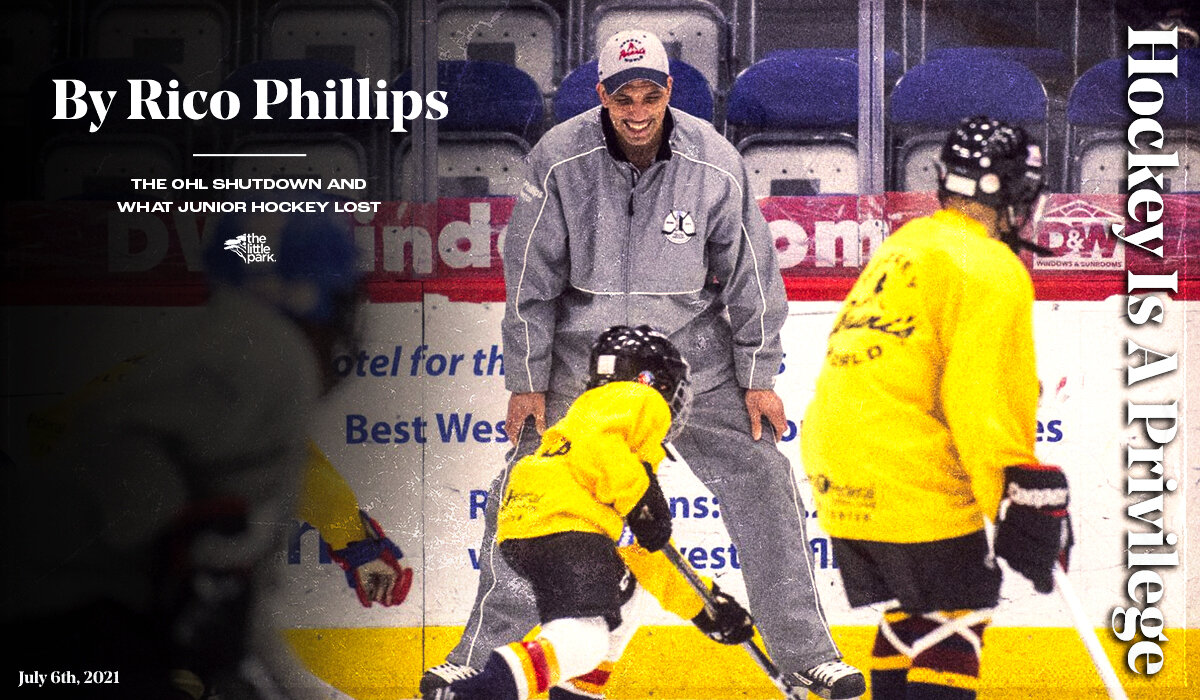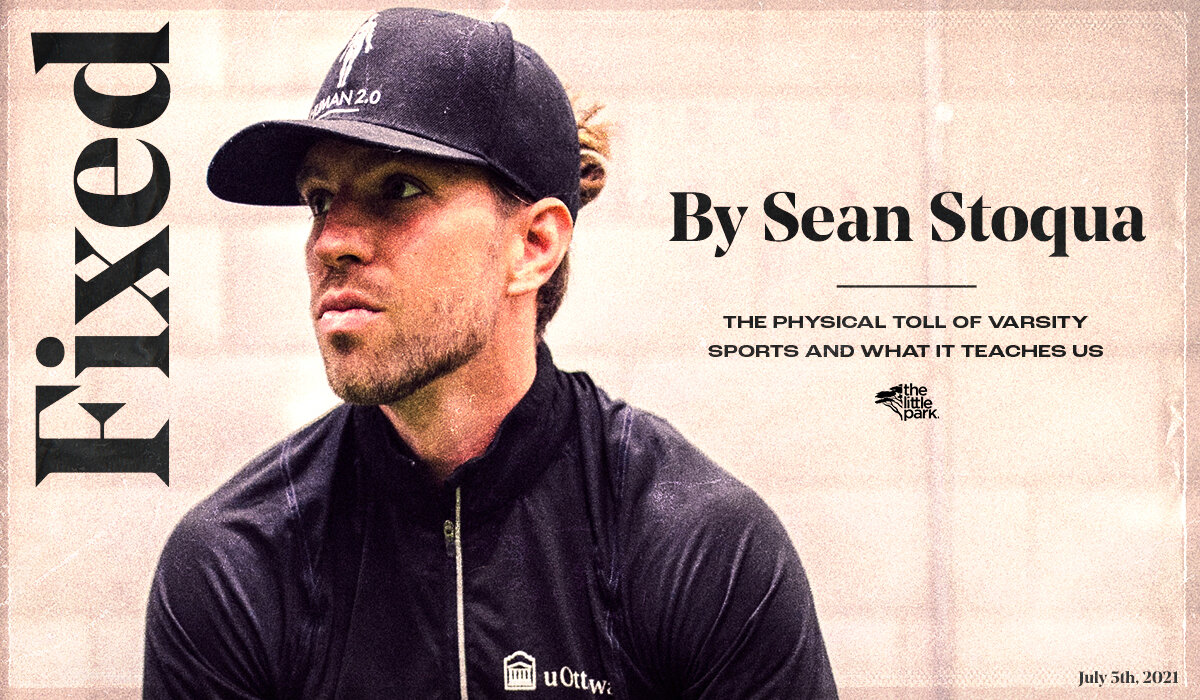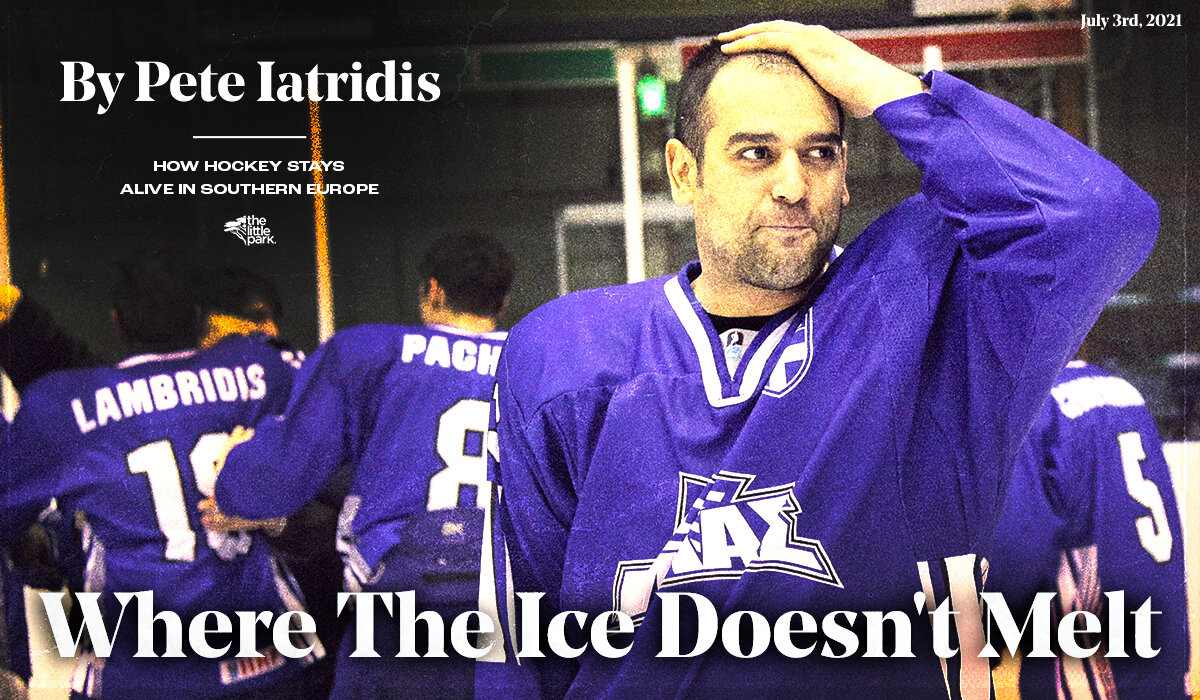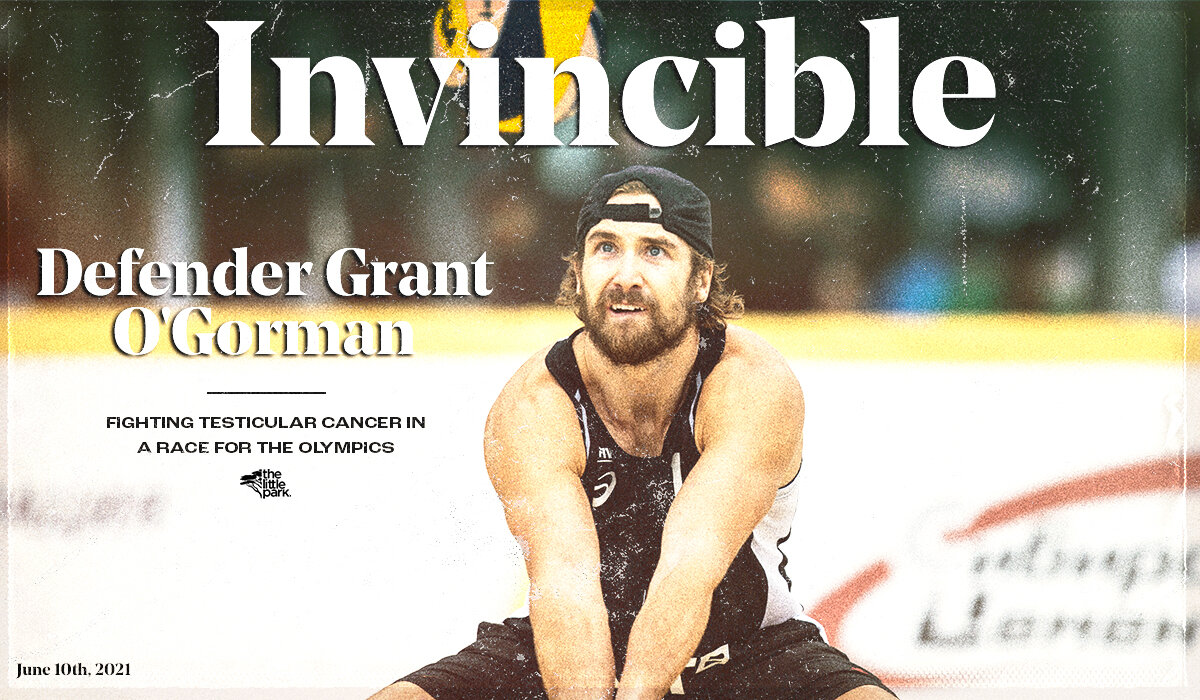My story begins in Sudan, during a time of civil strife between the North and the South.I have a vivid memory of the threats against my father, which included several attempted assassination plots because he worked as a minister in a Christian church. South Sudan was ruled by Sharia Law. A pick-up truck would shine its headlights directly at our gate and angry voices of unknown men would demand for my father to step outside in the dead of night. It was scary, but we learned to selectively focus on the positive: my mother’s voice standing up for my father and mediating the situation. My mother opened my eyes to the empowerment of women. The strict religious rules within Sudan at that time should not have allowed me to question gender roles. Oppression was the order of the day. I was one of 35 family members living in a half-mud and half-brick home. We took joy in the simplest of things and learned immensely from one another. It was an emotional paradox -- one of fear and uncertainty, then gratitude and the joy of togetherness.I’m grateful that, as a child, I didn't have to deal with pressures of an arranged marriage. My parents were different that way. At a tender age, though really young and helpless, I carried the burden of women and children in my heart. Aside from domestic abuse and human rights violations, I often wondered who took care of the children that war orphaned. I had working parents, yet we would sometimes go a couple days without food to eat. How vulnerable, then, were other families without a stable source of income? Unanswered questions consumed my mind and my tiny heart was overwhelmed, but I suppressed my emotions. When I was nine years old, my parents received an academic scholarship from the Nairobi Evangelical Graduate School of Theology (NEGST). This paved the way for our migration to Nairobi. But when the scholarship came through, it stated to my parents that only two of their children were covered under the scholarship -- myself and my 12-year-old sister. This left my two older brothers out of the picture. Boys, at that time, were supposed to gain military training and were often sent to the front lines of war. My parents fought to keep the family together by taking odd jobs on campus to make sure all four of their children could be in Nairobi and receive equal opportunity. They were being paid 70 cents each per hour. A combined $1.40. My parents toiled with a smile on their face because they knew the value of peace above all else. Being raised as a refugee is with the mindset: “We are here temporarily, and we will go back home to help those we left behind.”I began my basketball journey at Laiser Hill Academy in Nairobi. I was forced into the game due to being the tallest kid at school, but quickly began to fall in love with the sport. I truly loved the discipline, drive and interpersonal skills I acquired along with the healthy competitive nature within it. It was my safe haven; my escape. It took my mind away from the conflict in my country as lives continued to be claimed by civil war.I was recruited by Union University in Jackson, Tenn., to play basketball. Being from a close-knit family made me hesitant to move continents away. But my family supported and encouraged me to chase my dreams.Every journey is bound to face some challenges and we must understand biases are everywhere. The hurdles African women face in regard to racism and gender vastly vary from one place to the other. Back in South Sudan, the traditional view of women is still prevalent while abroad I have been faced with people that regard me as lesser simply because of my skin tone.At the end of my four-year program, I was invited to the Indiana Fever WNBA camp to tryout. It was tough. The competition was fierce and it didn't go as I had hoped. But it got me an agent and a contract to play in Europe. The pay there wasn’t great and I opted to come back home. I decided to revisit and invest in furthering my education after being compelled by the 2013 strife in South Sudan. I enrolled for my master’s degree at the United States International University of Africa, where I played a critical role in their basketball team winning back-to-back championships.Moved by the plight of the women and children of South Sudan, I founded “Home At Home/Apediet Foundation,” a national non-governmental organization named after my mother that combats early age marriages, advocates for education and gender equality.Two weeks before my graduation, I volunteered at a camp to further my experience and education. The atmosphere and caliber of athletes were great. I enjoyed coaching and my passion superseded me. The camp happened to be the Giants of Africa.Over the years, I was mentored by Toronto Raptors president Masai Ujiri. Masai is a visionary: kind, selfless, humble, exemplary and a formidable leader. I was scouted to be part of his team as our principles and vision aligned.I scouted for Giants of Africa, and then later for the Raptors. I never envisioned myself as the manager of African scouting for an NBA franchise, searching for the next Pascal Siakam. But as a child, despite my circumstances, I always dreamt big.In the words of Isaac Newton, "If I have seen further than others, it is by standing upon the shoulders of giants."It continues to be a surreal experience. I met former U.S. President Barack Obama at the launch of a Giants of Africa basketball court for the Auma Obama's Sauti Kuu Foundation in Kogelo, the former president’s father’s homeland. Our camps have brought leadership positions to women, like Myrah Oloo of Kenya, Lydia Kylie of Uganda, and Ayom Athieng of South Sudan. The camps are combating gender specific issues such as our family at the Samburu Girls Foundation. We’re empowering and shaping the future of young girls in Africa.The future of basketball in Africa is bright. Knowing the infinite pool of talent on the continent, the game will develop on a fast track if an increase in infrastructure and access to facilities exponentially goes up. An investment in education inclusive of life skills training for athletes will also aide with continual training of coaches and support.The legacy I would hope to leave behind is one of unity and peace through sports. I want to be remembered for my passion for the game, treating humans with utmost respect and dignity, making them feel seen and valued. I want to be remembered for spreading love and relentless pursuit of excellence. I want justice and equality for all, irrespective of gender, race, sexual orientation or skin colour. I want a legacy of women, girls and youth empowerment and being instrumental in the development of sports across the continent of Africa.





